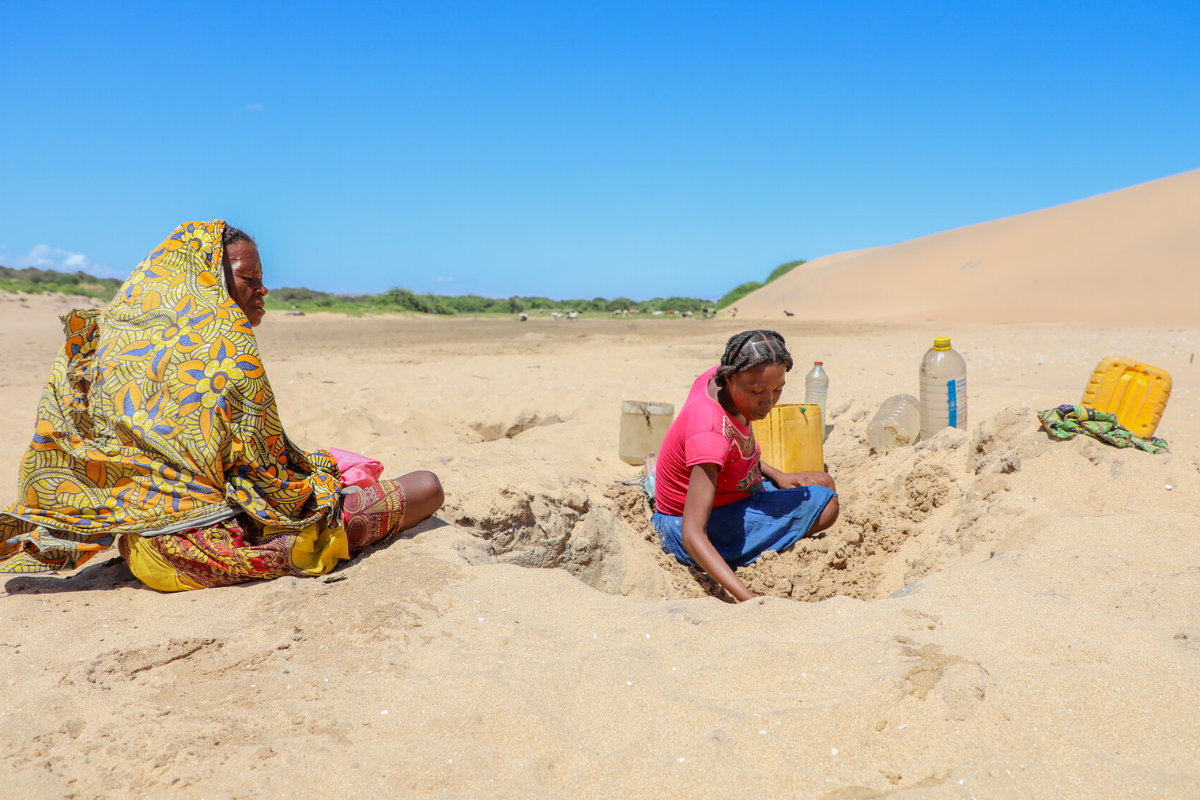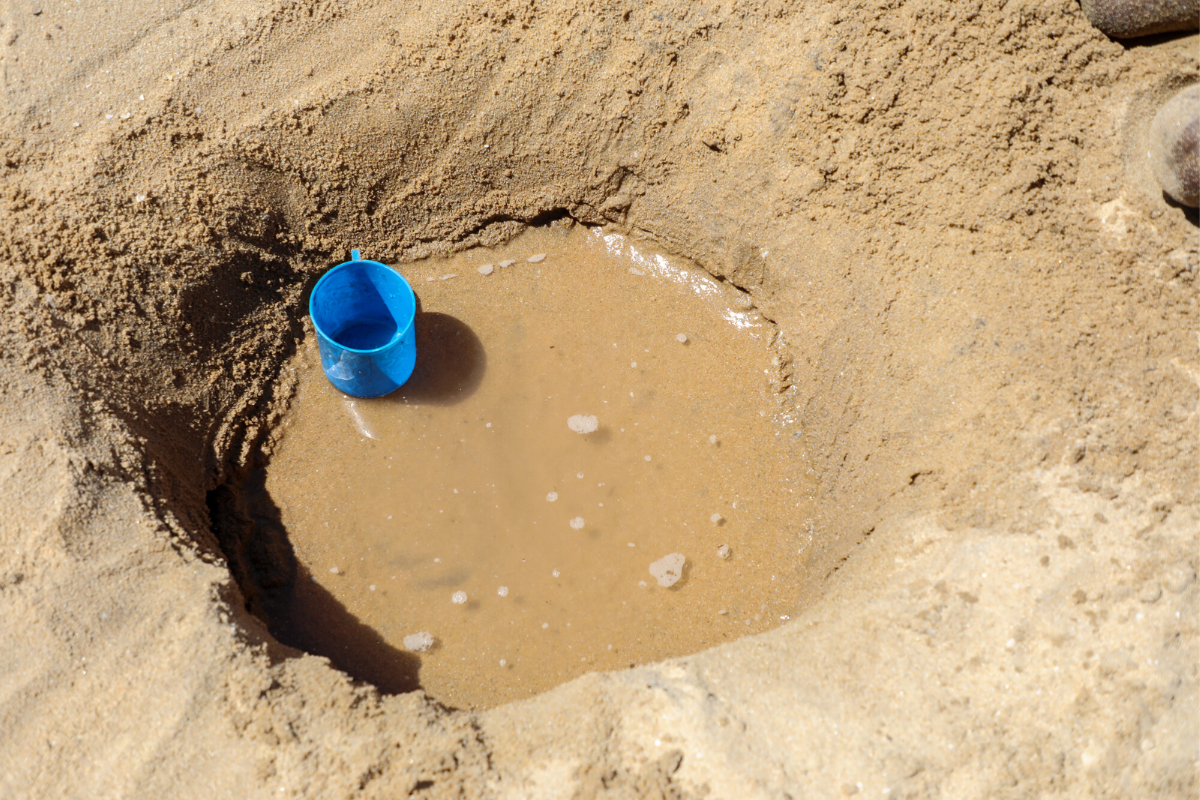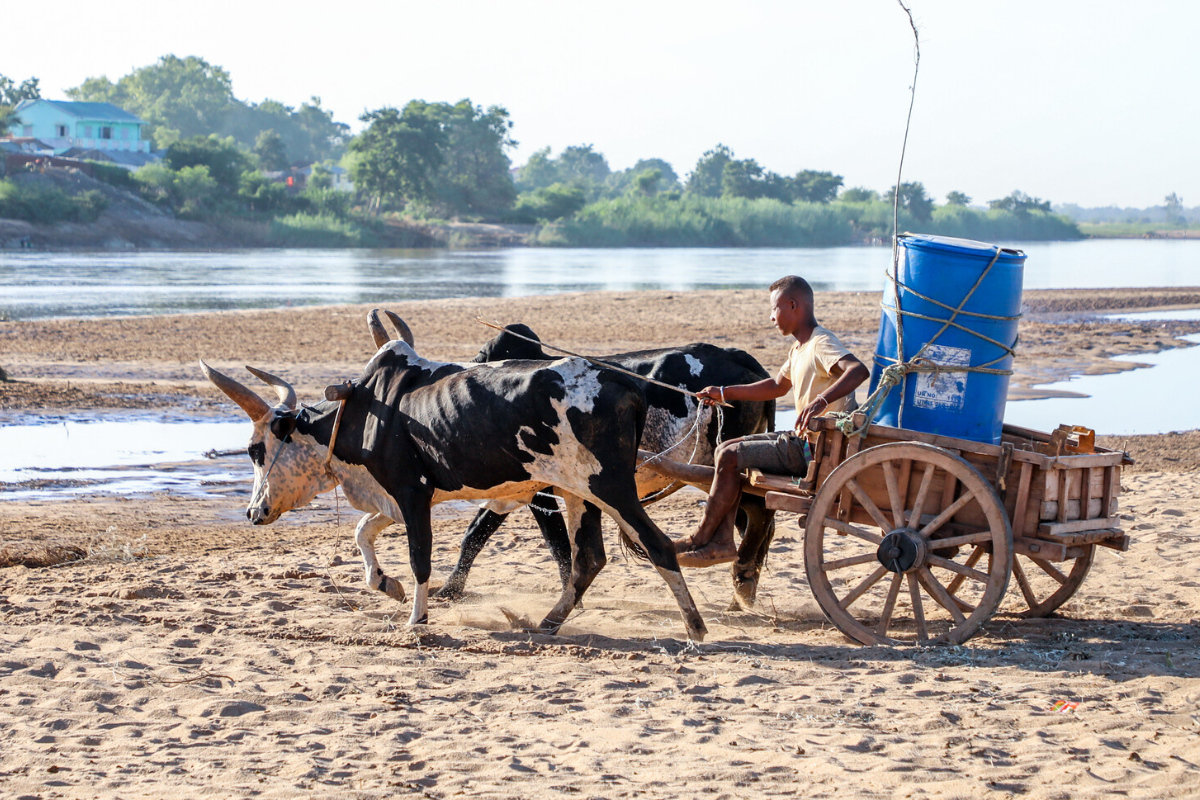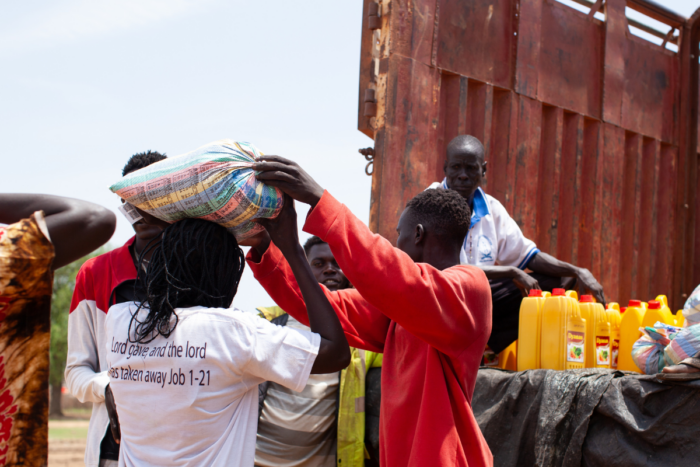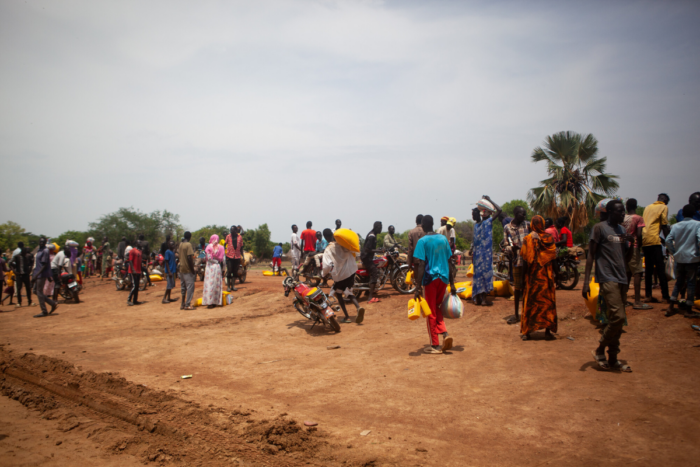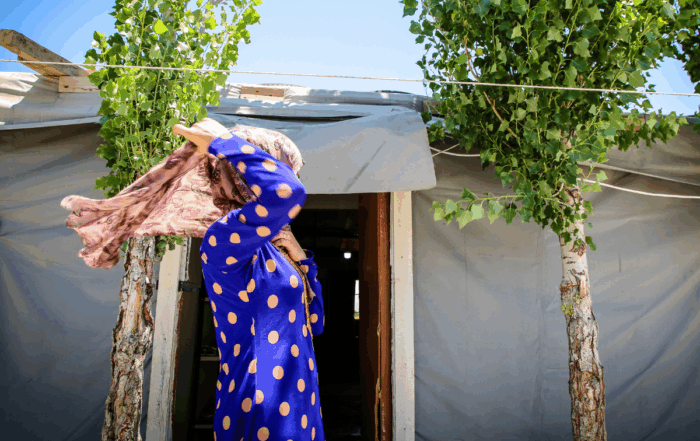Hunger response in madagascar
January 24, 2024
HUNGER RESPONSE IN MADAGASCAR
January 24, 2024
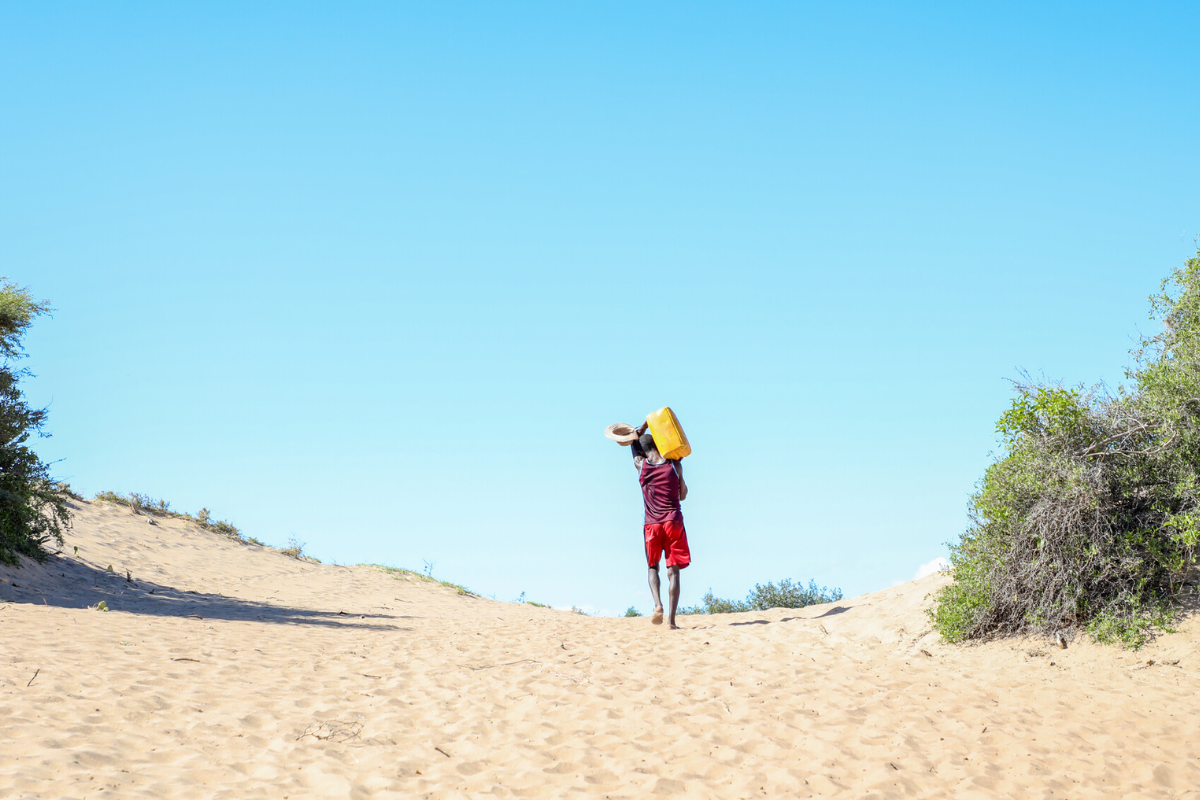
In the community of Sarehangy, in the district of Ambovombe in Madagascar, villagers can remember a time when hunger didn’t exist. “It was a forest and now there’s nothing,” says Didier, the village chief. Because of its prosperity and abundance of cattle, the village was called “Sarehangy,” which means “jewel” in the local dialect. But due to chronic drought, villagers began to move away and cattle numbers dwindled. The once extensive woodlands, filled with a variety of wildlife as recently as 25 years ago, have become a desert where only cactus can grow. “This used to be a forest,” remembers Didier, “but now even the turtles have disappeared.” Turtles are considered sacred in some Malagasy traditions, so their absence means that taboos may have been broken out of desperation for a meal.
“Before, even if there was drought, we could still eat fruit from the forest, but now there’s nothing to eat,” Didier shares. “We’re hungry. We’re thirsty.” The cisterns families use to collect rainwater are dry long before the height of the drought season. “We have to buy water from the village,” says Didier. Buying a single jerry can of water costs at least $1 CAD. To earn that money, people often spend an entire day walking to a distant forest and collecting firewood to sell at the market. The vicious cycle of further depleting local forests only intensifies the drought, but for many residents, there are no other options.
To address immediate food needs, World Renew and Canadian Foodgrains Bank are working with SAF, the humanitarian arm of Madagascar’s Reformed church, to distribute food to households in Ambovombe. To address long-term food security, World Renew is facilitating Village Savings and Loans Associations where groups within the community can participate in saving up, lending and sharing funds. Another sustainability measure this year will be starting seedlings, which is great news for Didier. “We want to plant trees to rebuild the forest that was here.”
This story was originally posted by the Christian Courier. To learn more about their stories and publications, visit christiancourier.ca
In the community of Sarehangy, in the district of Ambovombe in Madagascar, villagers can remember a time when hunger didn’t exist. “It was a forest and now there’s nothing,” says Didier, the village chief. Because of its prosperity and abundance of cattle, the village was called “Sarehangy,” which means “jewel” in the local dialect. But due to chronic drought, villagers began to move away and cattle numbers dwindled. The once extensive woodlands, filled with a variety of wildlife as recently as 25 years ago, have become a desert where only cactus can grow. “This used to be a forest,” remembers Didier, “but now even the turtles have disappeared.” Turtles are considered sacred in some Malagasy traditions, so their absence means that taboos may have been broken out of desperation for a meal.
“Before, even if there was drought, we could still eat fruit from the forest, but now there’s nothing to eat,” Didier shares. “We’re hungry. We’re thirsty.” The cisterns families use to collect rainwater are dry long before the height of the drought season. “We have to buy water from the village,” says Didier. Buying a single jerry can of water costs at least $1 CAD. To earn that money, people often spend an entire day walking to a distant forest and collecting firewood to sell at the market. The vicious cycle of further depleting local forests only intensifies the drought, but for many residents, there are no other options.
To address immediate food needs, World Renew and Canadian Foodgrains Bank are working with SAF, the humanitarian arm of Madagascar’s Reformed church, to distribute food to households in Ambovombe. To address long-term food security, World Renew is facilitating Village Savings and Loans Associations where groups within the community can participate in saving up, lending and sharing funds. Another sustainability measure this year will be starting seedlings, which is great news for Didier. “We want to plant trees to rebuild the forest that was here.”
This story was originally posted by the Christian Courier. To learn more about their stories and publications, visit christiancourier.ca

